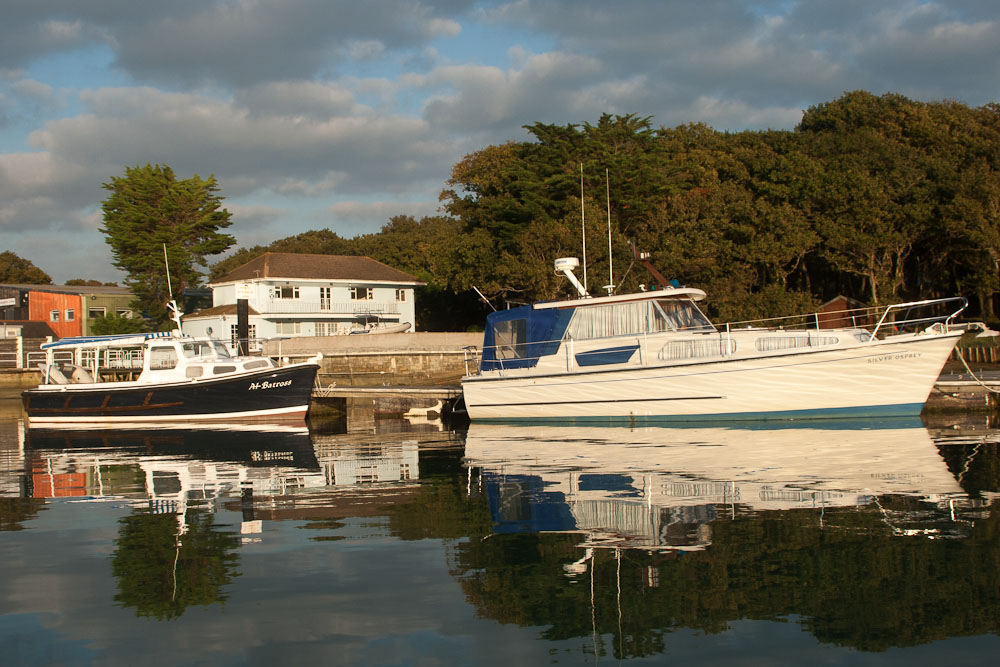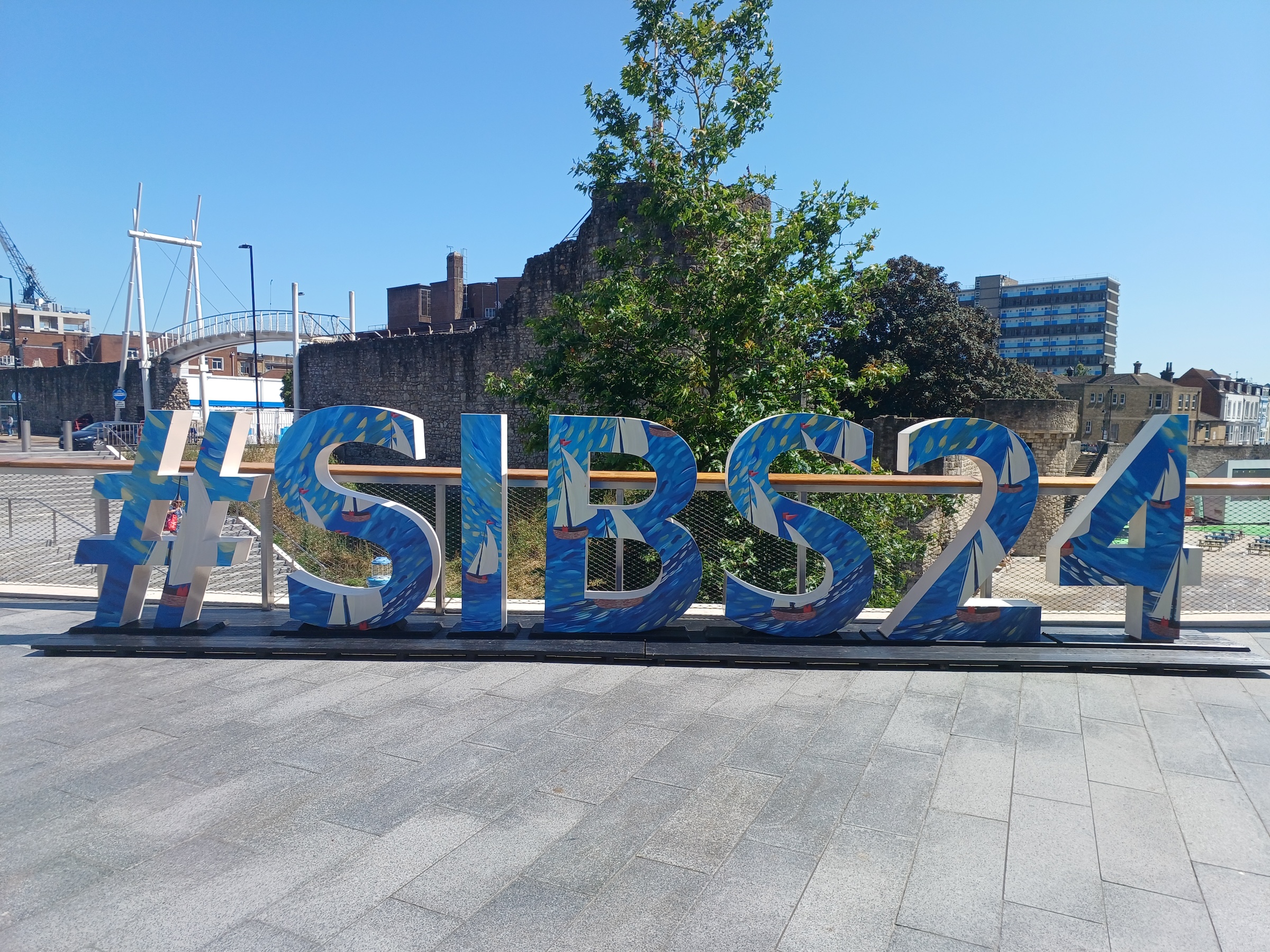If you’re thinking about changing your boat – or taking the plunge with a first purchase, like any purchase, and in particular with large investments such as buying a boat, it’s always advisable to ensure that you know what you are getting for your money.
All year round, the RYA’s Legal Team receive queries from members wanting advice on buying a second-hand boat. “Buying a second hand boat can be a pretty big investment, yet despite the expense the legal side of buying a boat can be as simple as buying a loaf of bread! With that in mind it makes sense to undertake a few basic checks before parting with your money and actually committing to buy,” explains Mandy Peters, RYA Legal Manager.
“The queries we receive are wide-ranging, including advice on sale and purchase contracts, what documents should accompany the boat and whether the Recreational Craft Directive applies or not, Bills of Sale and advice on surveys, VAT, insurance, registration, finance and syndicate agreements.”
Where do you start?
The picture may look great on the website, the ad in the magazine may be glowing, but how can you really know if it is a sound investment?
“Although the law does offer some limited protection to buyers of second-hand boats sold privately the general rule of thumb is ‘caveat emptor – buyer beware’. So, as a buyer you need to know what questions to ask and what paperwork to look for,” explains Mandy.
Once you’ve found your dream boat, it would be wise with an investment of this size to proceed with caution, ensuring you avoid any potentially expensive shortcuts. Paying attention to the following steps will help to ensure your purchase proceeds smoothly.
It is advisable that a written contract is used in any purchase or sale. The RYA provides a model Agreement for the Sale and Purchase of Second-hand Boats which includes the common terms and conditions relating to the sale and purchase of a boat.
For the majority of private boat sales of a British registered or unregistered boat, our model Agreement, which presupposes the buyer will be having a survey carried out, is likely to be sufficient.
A sale and purchase agreement, governs the rights and responsibility of the parties to the contract and determines the transactional process, encompassing such matters as payment of the deposit, the buyer’s entitlement to have a survey carried out on the vessel and conduct a sea trial; acceptance of the boat or otherwise; termination of the agreement and how disputes between the parties are to be resolved.
RYA members can download a comprehensive RYA Sale and Purchase Pack, including a step-by-step guide to buying and selling a boat, from the RYA website, as well as a Buyer Beware leaflet running through the normal pattern of a sale and covering common problems and pitfalls that arise like checking if the seller is the owner and establishing whether or not there is a marine mortgage or lien on the boat.
“Our advice is that you read the agreement carefully and only once you are satisfied with the terms of the agreement consider the next stage of the process,” adds Mandy.
Prior to paying a deposit, make enquiries with the broker as to how the deposit and/or completion funds are to be held. A standard deposit is 10% of the purchase price (although it may be possible to negotiate the payment of a reduced rate) and it’s important to agree on the method to be used to pay the funds.
Sea Trial
Once satisfied with the documentation, a sea trial is recommended. You will need to review the sale and purchase agreement carefully to ensure that you are entitled to withdraw from the sale if you are not happy with the boat following a sea trial.
A survey is considered essential by most purchasers to check the condition of the boat and its engine/equipment. Although the boat may appear superficially to be in excellent condition, a survey is nonetheless a sensible precaution.
The buyer may be able to withdraw from the purchase as a result of the findings of the survey or renegotiate the vessel’s price, or request that the seller rectifies any defects at his expense, prior to completion of the contract.
Although the law is not prescriptive as to the documentation to accompany the sale and purchase of a vessel, documentation is required to comply with certain legal requirements such as the Recreational Craft Directive, compliance with national and EU-wide VAT rules and any national registration requirements. If the seller is unable to produce documentation, the buyer may be entitled to withdraw from the sale.
Top 10 things to think about when buying a second-hand boat
1) Is your offer subject to survey or sea trial?
2) Has the deposit been agreed? And in what circumstances is it refundable?
3) Has the seller been established as the owner and provided ownership documents?
4) Does the seller guarantee clear title?
5) Have you agreed and seen all the equipment included in the sale?
6) Have you found a suitable marine surveyor to check the boat, its engine and equipment included in the sale?
7) Have you arranged insurance?
8) Is the boat currently mortgaged and if so how will that be paid off before completion?
9) Are you using an appropriate contract?
10) If a sale sounds too good to be true, it probably is.
For more information, pick up a copy of the ‘RYA Boat Buyers’ Handbook’ available in both print and e-Book formats at www.rya.org.uk/shop. Written in an accessible fashion, the RYA Boat Buyers’ Handbook is a vital purchase for anyone looking to get on the water in their own boat.
To find out more about how RYA membership could benefit you in buying or selling a boat visit www.rya.org.uk/joinrenew
Article courtesy of Boat Trader.


